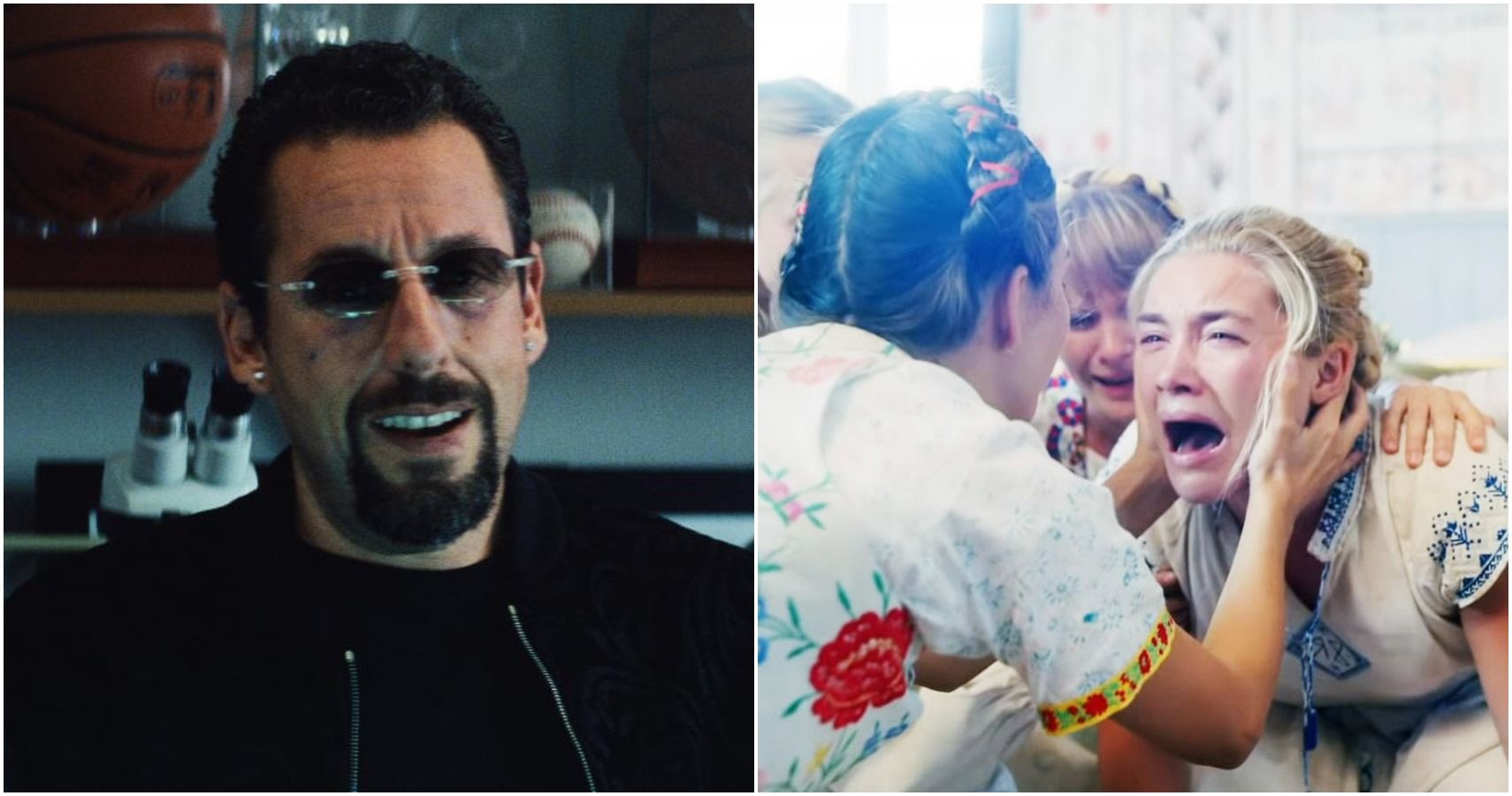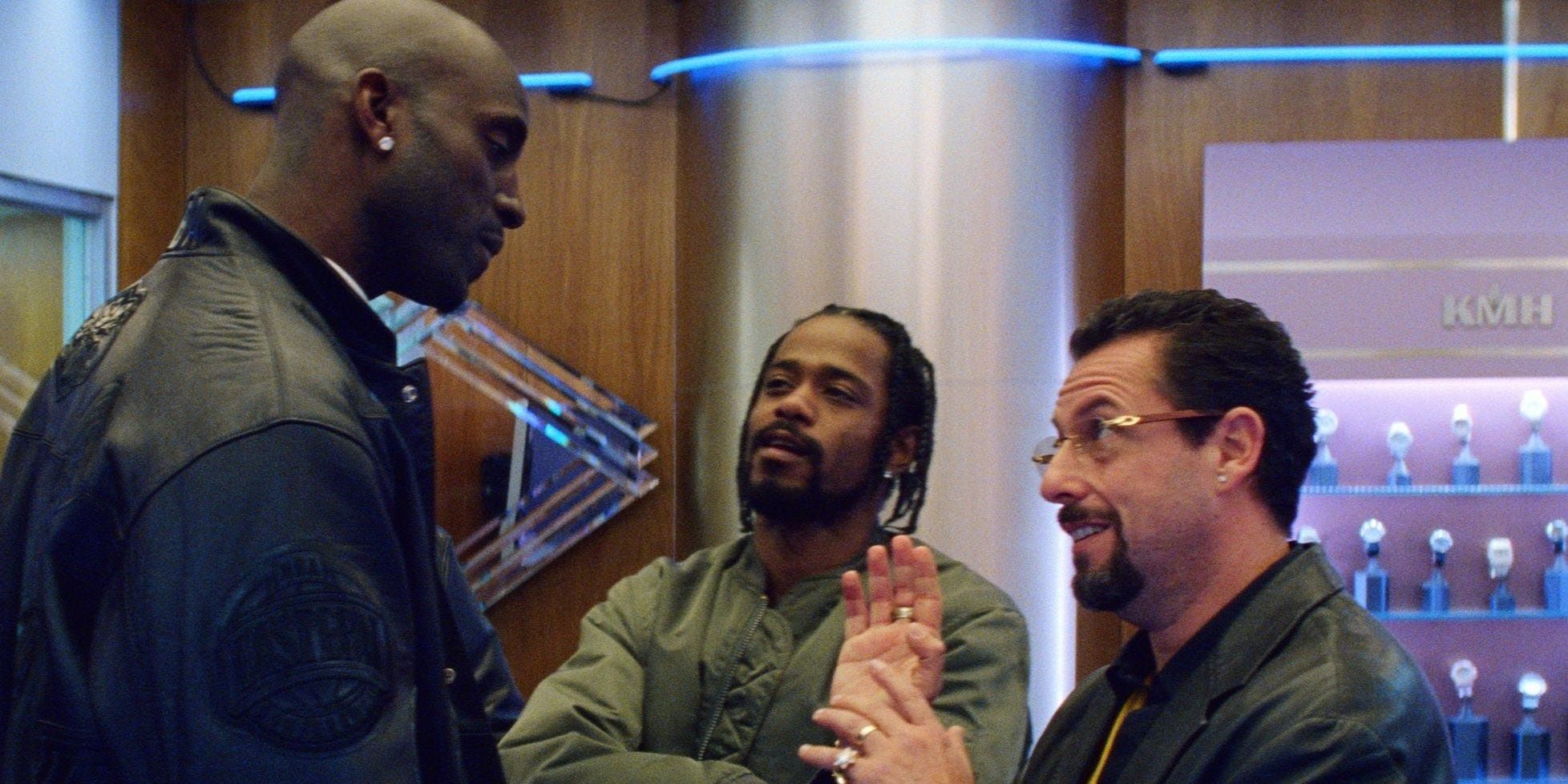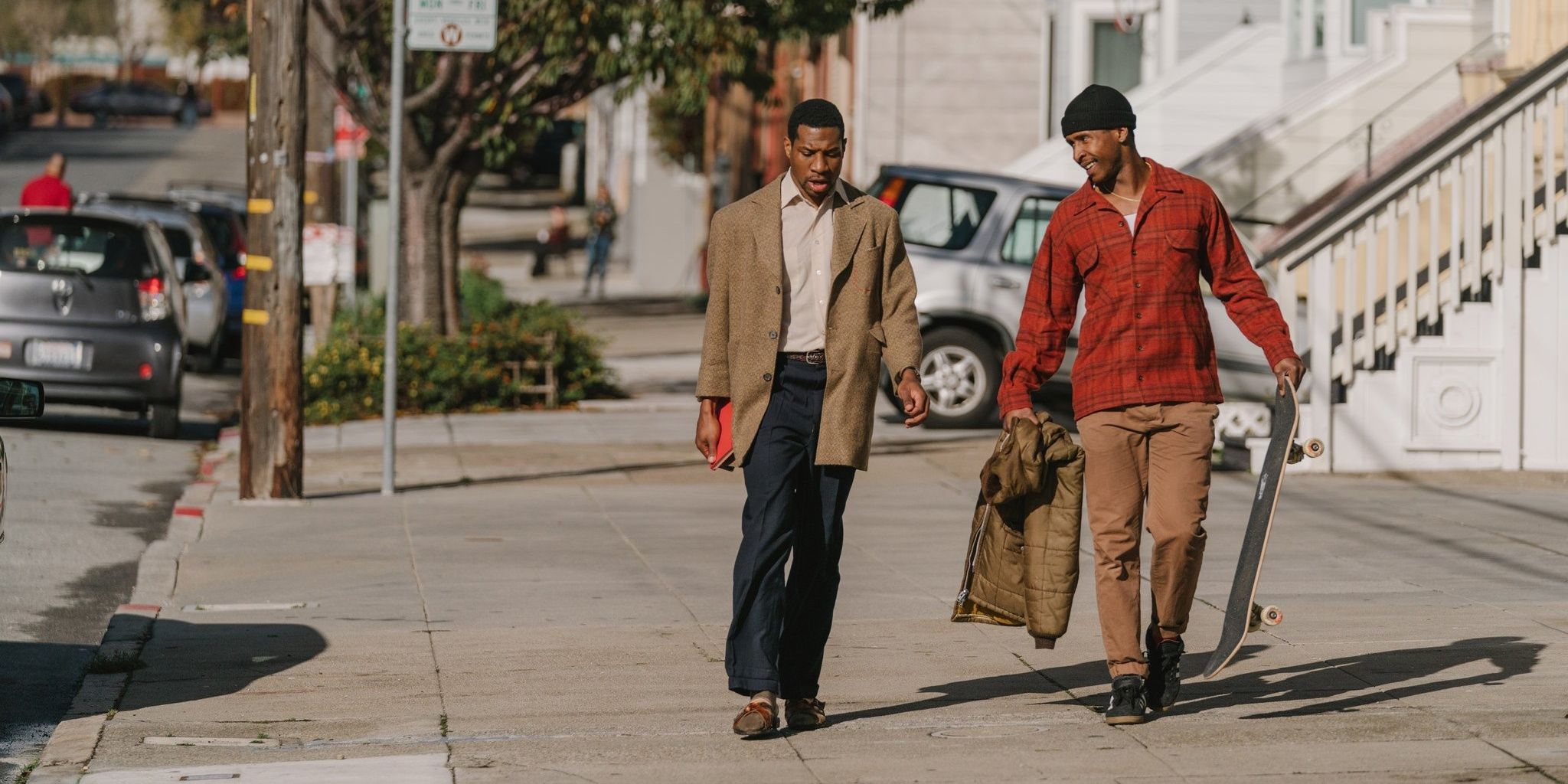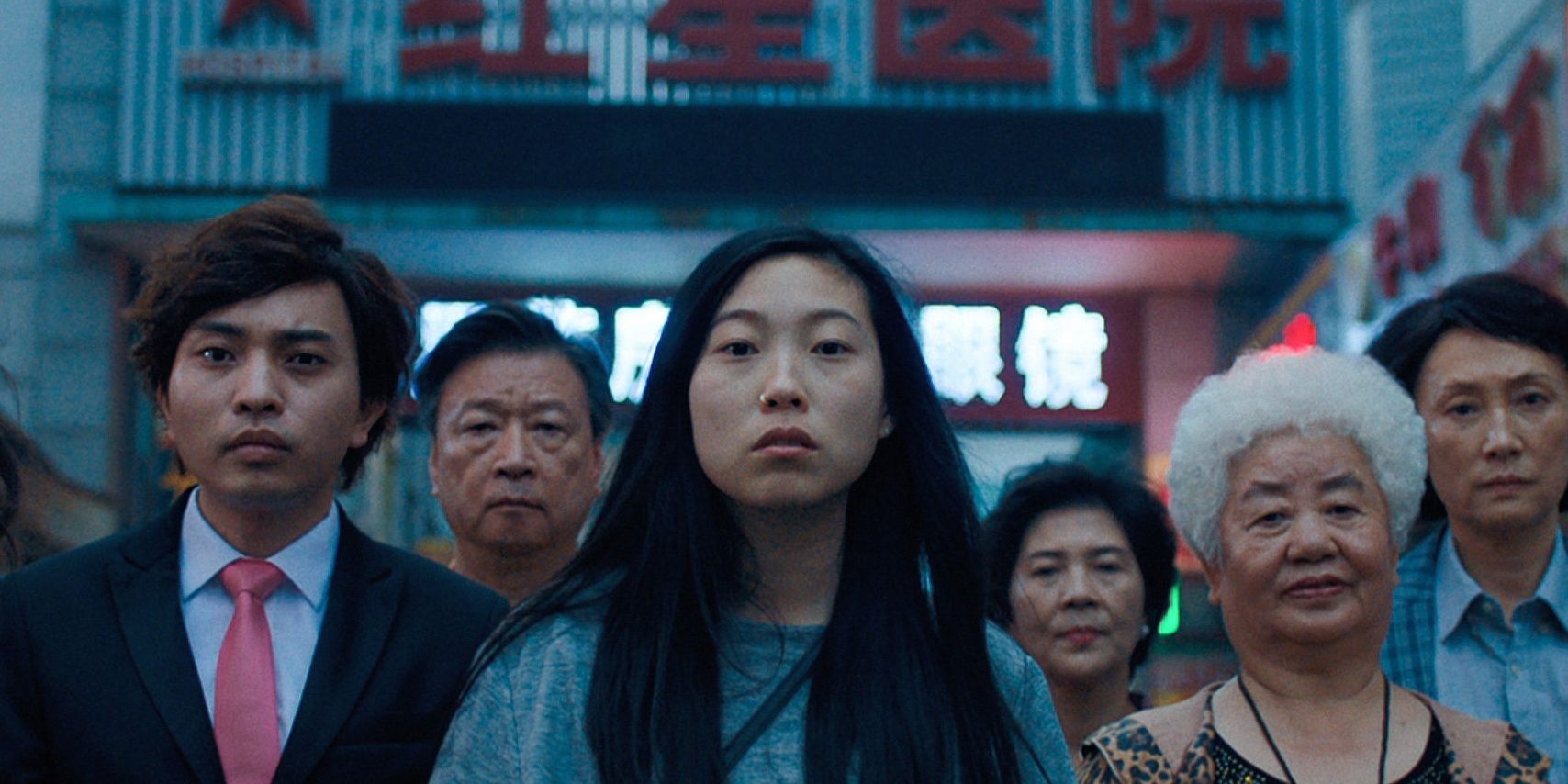A24 has quickly established itself as a powerhouse production and distribution company, releasing unique stories in an era of filmmaking that cashes in on remakes and blockbuster franchises. Since 2012, they have taken creative risks and given a platform to many diverse filmmakers. This eventually paid off with the recognition their films have accumulated during awards seasons.
To date, A24 has received 25 Academy Award nominations, most notably winning Best Picture for their 2016 film Moonlight. After arguably their most stellar year yet, many were surprised by the lack of recognition (save for a cinematography nod for The Lighthouse) when Oscar nominees were announced on January 13th. With that being said, here are the nominees that could have been, ranked by their scores on Rotten Tomatoes.
Midsommar (83%)
Following Ari Aster's widely praised debut Hereditary (which many believe was snubbed last year), Midsommar is a folk-horror film that follows a grieving Dani (Florence Pugh) and her boyfriend, Christian (Jack Reynor), as they travel to a Swedish village for a midsummer festival. The film has made an impact on moviegoers and filmmakers alike, with Jordan Peele calling it "the most idyllic horror film of all time." Much of the praise was aimed at Aster's directing and Pugh's emotional lead performance as Dani.
Though Pugh was actually nominated this year for her supporting role as Amy March in Little Women, there are those who feel she should have received recognition for this role instead. But the Oscars have traditionally shied away from awarding horror films, having snubbed another actress, Lupita Nyong'o, for her much-buzzed-about performance in Us. Aster has said that Midsommar will be his last horror film for a while. Here's hoping that the filmmaker's foray into other genres will land him some much deserved Oscar recognition.
Waves (83%)
Premiering at the Telluride Film Festival to critical acclaim, Waves is a family drama by Trey Edward Schults who, like Aster, had his beginnings in the horror genre. The film made The National Board of Review's Top Ten Films of 2019 and received praise for the performances of Taylor Russell, Kelvin Harrison Jr., and Sterling K. Brown. Additionally, the score, the cinematography, and Schults' direction were singled out by awards circles.
While this is usually promising, Waves also received some criticism over the structure of its storytelling, often changing aspect ratios throughout the film, igniting a debate over style vs. substance. Further criticism has lingered on the fact that Waves is the story of a black family being told by a white filmmaker. While these creative risks have paid off through the acclaim Waves has gone on to receive, it may have been too much of a risk for Academy consideration.
Uncut Gems (91%)
It seemed that Adam Sandler's turn as a shady jeweler with a gambling problem in the Safdie brothers' Uncut Gems was a lock in the Best Actor category- but this wasn't the case when Oscar nominations were finally announced. Cinemablend reported that Sandler might not have gotten the votes he needed because his arrogance and track record of bad movies rubbed Academy voters the wrong way. This was despite being nominated and awarded by other prestigious film organizations for his performance.
Adam Sandler aside, Uncut Gems has been widely praised for its screenplay, direction, and cinematography, eventually becoming one of A24's highest-grossing films. The editing, screenplay and directing were recognized in other award circles, and the film even joined Waves as one of the National Board of Review's Top Ten Films of 2019. However, this momentum wasn't enough to catapult Uncut Gems to Oscar glory in any category.
The Lighthouse (91%)
As mentioned, A24’s lone Oscar nomination this year was for Jarin Blaschke’s cinematography in The Lighthouse. But even that nomination pales in comparison to the recognition Robert Egger’s second film received at film festivals and other award shows. Yes, the cinematography was deservedly spotlighted, but other achievements such as the production design (the titular lighthouse was even constructed specifically for the film!), the performances of Robert Pattinson and Willem Dafoe (hailed as among the best of their careers), the screenplay, and direction were omitted.
Eggers has established his cinematic voice through the telling Gothic period pieces. The Lighthouse, takes place in the 1890s and chronicles the escalating horrors that two lighthouse keepers go through over the course of a month. While the Academy classically loves a good period piece, their aversion to horror most likely had a hand in why The Lighthouse came up short on further Oscar recognition.
The Last Black Man in San Francisco (93%)
Winning The Special Jury Award AND Best Director following its debut at the Sundance Film Festival generated promising buzz for Joe Talbot’s directorial debut, The Last Black Man in San Francisco. Based on the true story of Talbot’s childhood friend attempting to reclaim his grandfather’s old house, the film went on to receive further acclaim upon wider release and made it on to several “Best Film” lists at the end of 2019.
The highlighted aspects of this film were Talbot’s direction, the cinematography, and the score. The critiques against this film have been similar to Waves, in that some have perceived it as having more style than substance. And while this was a minority opinion (other critics were not only moved but noted the audible emotions of the audience around them), The Last Black Man in San Francisco is also a mid-budget film that may have unfortunately just fallen through the cracks between the low-budget indie darlings and big-budget blockbusters that typically nab Academy praise.
The Farewell (98%)
The Farewell is not only the highest-ranking film on this list; its complete snubbing by the Academy arguably garnered the most outrage because it was considered a lock-in multiple categories. Everything seemed to be going on for Lulu Wang’s universally acclaimed debut: her screenplay was unique and moving; her direction elevated the source material and gave further visibility to a group that (up until recently) had mainly been overlooked in Western cinema. Awkwafina, known for goofier comedies, delivered a conflicted and poignant performance as Billi resulting in a Golden Globe Award win. Zhao Shuzhen’s bittersweet and heartwarming turn as Nai Nai, Billi’s grandmother with a terminal disease her family won’t tell her about, also received buzz for her supporting performance.
Historically, female filmmakers have not received the recognition that they deserve, and unfortunately, this year is no different, with no woman (let alone Wang) being nominated for Best Director despite having been behind many of 2019’s best offerings. It is worth noting that The Farewell’s score was shortlisted in consideration for this year’s Academy Awards. But since it is only one of nine categories the Academy releases their shortlists for, there’s no way of knowing how close The Farewell could have come in getting consideration for the categories it deserved.







